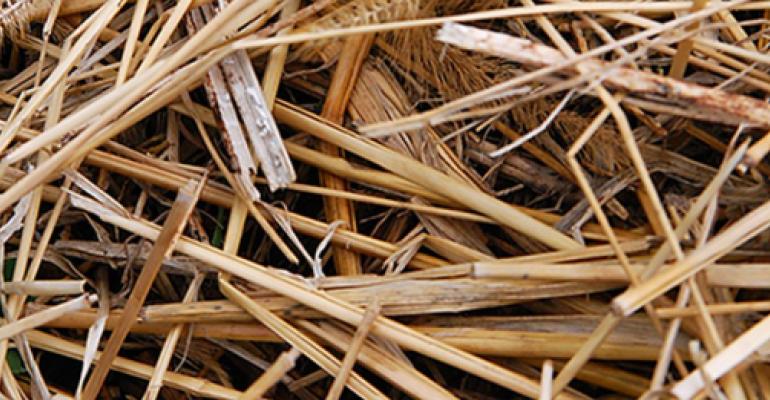Straw-powered cars could be driving into the future using a strain of yeast whose lineage traces back to the production of sake, the Japanese rice wine.
University of East Anglia researchers in the U.K. discover a total of five strains of yeast capable of turning agricultural byproducts such as straw, sawdust and corncobs, into bioethanol fuel.
The team says its findings could help create biofuel that is more environmentally friendly and ethically sound than other sources because it would make use of waste products.
Current processes to generate bioethanol from straw and other byproducts are complex and inefficient because high temperatures and acid conditions are needed in the glucose-release process.
This treatment process causes the waste to break down into the compounds furfural and hydroxymethylfurfural that are toxic to yeast, making fermentation difficult.
The research team investigated more than 70 strains of yeast to find the most tolerant and found five furfural-resistant strains which produced the highest ethanol yield.
Of the five strains, S. cerevisiae NCYC 3451 displayed the greatest furfural resistance. It’s the one whose genomic lineage of this strain links it to yeast used in the production of sake.
“These strains represent good candidates for further research, development and use in bioethanol production,” says lead researcher Tom Clarke from the university’s School of Biological Sciences.
Clarke says the need to develop motor fuels with a smaller carbon footprint has led to an explosion of research into sustainable fuels.
“Bioethanol is a very attractive biofuel to the automotive industry as it mixes well with petrol (gasoline) and can be used in lower concentration blends in vehicles with no modifications,” Clarke says in a statement.
“Breaking down agricultural waste has previously been difficult because many strains of yeast necessary for fermentation are inhibited by compounds in the straw. Their toxic effects lead to reduced ethanol production.”
The university says it estimates more than 105.6 billion gallons (400 billion L) of bioethanol could be produced each year from crop waste.





